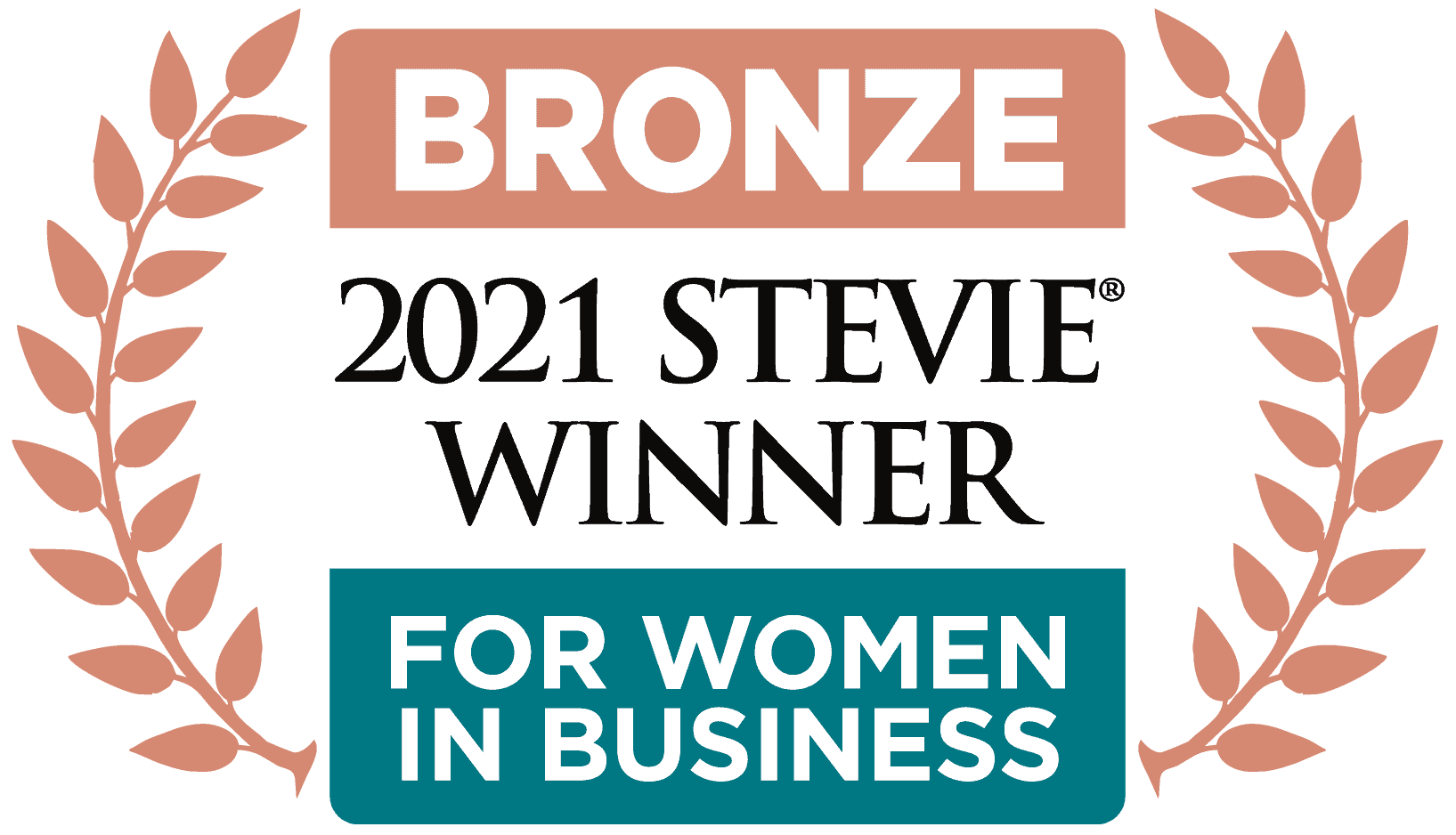What is it really like being a woman lawyer in Australia?
Being a woman lawyer in Australia can be both rewarding and challenging. Women make up a significant portion of the legal profession, but still face certain barriers and obstacles. Here are some of the challenges that women lawyers in Australia encounter:
Work-Life Balance
Like many professions, the legal industry can demand long hours and high levels of stress, which can make it difficult for women lawyers to combine work and personal lives. Women may face additional challenges if they are also responsible for caring for children or elderly family members. Whilst more and more workplaces are adopting flexible working arrangements and parental leave, especially after COVID, it is still an ongoing challenge.
Networking
Networking is a crucial part of building a successful legal career, but it can be challenging for women who may not have the same opportunities to network as their male colleagues. Traditionally, many networking events in the legal industry are in golf courses and bars, with talk of football, or male dominated sports. It’s easy to feel excluded and uncomfortable in these settings, and why a woman can struggle to build the same professional relationships and connections as your male colleagues.
Mental Health
The legal profession in Australia can be a high-pressure, fast-paced, and emotionally draining environment which can take a toll on a lawyer’s mental health. Corporate law certainly took its toll on mine. Having multiple roles in society, such as career woman, wife, mother, and caregiver can also make us more vulnerable to depression and anxiety. There is an obvious need for better support and resources for mental health in the legal profession. As more people become aware of these issues, mental health “first aid” is a must for all legal firms.
Gender Bias, and Unconscious Bias
Gender bias can be a real issue. Women lawyers may face overt discrimination in the workplace, such as being passed over for promotions or receiving less pay than their male counterparts. Additionally, women lawyers may feel pressure to conform to traditional gender roles or expectations, such as being expected to take on more administrative or support roles rather than being given the opportunity to lead complex legal matters.
One of the most difficult, and pervasive cultural elements is unconscious bias. It is a form of bias that occurs automatically and unintentionally, often without the individual being aware of it. It is a common issue in the legal industry in Australia, and can have a significant impact on women lawyers in particular.
It usually affects women through assumptions about their abilities and expertise. Women lawyers may be subject to the stereotype that they are less competent or less knowledgeable than their male colleagues, which can result in them being overlooked for leadership positions, promotions, and other opportunities. For example, a female lawyer may be passed over for a high-profile case or partnership opportunity because of assumptions about her capabilities or potential.
Another way that unconscious bias can work against women in the legal industry is through assumptions about their family or personal life. Women may be assumed to be less committed to their careers because of their role as caregivers or mothers, which can result in them being overlooked for opportunities or facing negative evaluations. This bias can also lead to the assumption that women are less likely to take on high-pressure or demanding roles, which can limit their opportunities for advancement.
Unconscious bias can also manifest in more subtle ways, such as in the way that women are addressed or spoken to in the workplace. Women may be subject to microaggressions, such as being interrupted or talked over in meetings. These small actions add up and contribute to a workplace culture that is less supportive of women and their contributions.
It is important to note that unconscious bias is not limited to men, and that women may also hold biases against other women in the workplace. For example, women may hold biases based on appearance, such as assuming that a woman who dresses, or presents in a certain way is less professional or competent. I often feel that I need makeup on to look presentable in meetings, even though it makes little difference to how I actually work.
So what happens if you still want to be a lawyer?
Gender diversity
The legal profession in Australia has a relatively even gender split at the entry level, with women comprising around 60% of law graduates. However, the representation of women declines as you move up the ranks, with women comprising only 35% of solicitors at the partner level.
Pay equity for women in law firms
Women in the legal profession earn less than men at all levels of seniority, with the gap widening at the partner level.
There are several measures being taken to address this gender inequality in law firms in Australia. Some of these include:
- Flexibility: Many law firms are implementing flexible work arrangements, such as job sharing, part-time work, and work from home.
- Mentoring: Mentoring programs are being established in law firms to support women’s career development and provide guidance on career progression.
- Sponsorship: Some law firms are implementing sponsorship programs to advocate for and promote women in their careers.
- Pay equity audits: Some law firms are undertaking pay equity audits to identify any pay gaps and address them accordingly.
- Cultural change: Law firms are working to change their cultures to be more inclusive and address unconscious bias and other barriers to gender diversity. This includes things like networking opportunities that are not at traditionally male dominated arenas; bars, the football, or the golf course.
Empowerment and Progress
Progress is slow. The culture of long working hours and the expectation of always being available remains a significant barrier for both men and women. Many law firms still resist efforts to undertake pay equity audits or adjust salaries to achieve equity. Additionally, there are still instances of overt sexism and harassment in some law firms, which creates a hostile work environment for women.
But, many women lawyers are actively involved in organisations and groups that promote gender equality and diversity in the legal profession, such as the Women Lawyers Association of New South Wales and the Australian Women Lawyers association. Additionally, there are more women occupying leadership positions in the legal profession, including judges and senior partners at law firms.
And more and more technology, including AI, means to be an effective lawyer we need to be working smartly, and be staying healthy and mentally fit. With the advent of more and more technology, it is the lawyers, and law firms that can utilise the tools in the best way, those that can adapt, change that will succeed. But more than that, it is the firms that bring a human element that no technology can bring that will surpass the others.
Some of the largest law firms in Australia are leading the way with their progressive efforts. By way of example, MinterEllison is a national law firm that has been recognised for its efforts to promote gender equity in the workplace. The firm has a number of initiatives aimed at increasing the representation of women in leadership positions, including a target to have 40% female partners by 2025. Although, hopefully we can see them setting a target of 50%. RBG mentioned that she wouldn’t give up until all members of the Supreme Court were female. After the Barbie movie, perhaps this utopian vision is not ideal either, but certainly constant endeavours to even out power are imperative. MinterEllison also offers flexible working arrangements and parental leave policies, as well as a gender pay equity program. Other firms that offer similar programs are Clayton Utz, and King & Wood Mallesons. Clayton Utz also has a Women at Clayton Utz network and a diversity and inclusion council.
These are just a few examples of the many law firms in Australia that are taking steps to promote gender equity in the workplace. Other firms are also implementing similar initiatives, such as diversity and inclusion councils, unconscious bias training, and mentoring programs for women. While there is still a long way to go to achieve true gender equity in the legal profession, these firms are setting a positive example and working to create a more inclusive and diverse workplace for all.
The treatment of women in law firms in Australia is a complex issue that requires a multifaceted approach. While progress is being made, there is still a long way to go to achieve gender equality in the legal profession.
Law firms must continue to implement measures such as flexible work arrangements, mentoring and sponsorship programs, and cultural change to address the barriers to gender diversity. Achieving pay equity will also require sustained effort and a commitment to undertaking pay equity audits and adjusting salaries accordingly. There needs to be transparency at all levels.
To address unconscious bias in the legal industry in Australia, it is important for firms and organisations to take a proactive approach. This can include unconscious bias training, diversity and inclusion initiatives, mentorship programs, and other strategies to promote a more inclusive workplace culture. By recognizing and addressing unconscious bias, the legal industry can become more equitable and supportive of all lawyers, regardless of gender.
Being a woman lawyer in Australia is complex, and has both rewards and challenges. Women lawyers may encounter gender bias, struggle to balance their work and personal lives, face barriers to networking and a lack of mental health support. As the legal profession evolves rapidly with the event of AI, it is even more important to support and empower all women lawyers in Australia.






